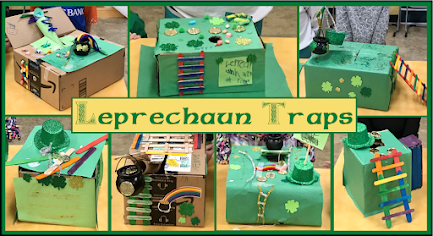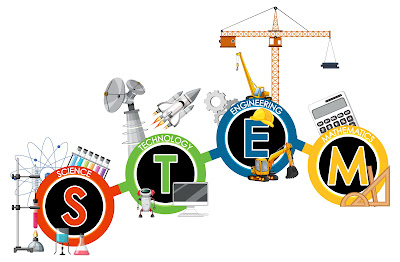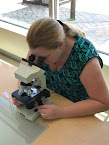You may have noticed this blog has been pretty quiet lately, and unfortunately the reason for that is that I have been feeling completely exhausted and unmotivated, a passenger on the struggle bus that seems to be on an infinite route with no stops. I seem to be mired in a full-blown existential crisis, both personally and professionally. I feel like nothing I do really matters, and furthermore, nothing I have ever done really mattered.
This has been building for a while, and many factors play into it, but I think the professional crisis began in 2020 when the pandemic hit just as I was finishing my MLIS, and the library system I had worked in for seven years suddenly terminated me (and 100 others) with no warning, no consideration, and absolutely no sensitivity. I always knew upper management viewed most of us as anonymous, disposable cogs rather than people, but to be actually thrown away without a second thought like that was devastating. I cried and mourned the loss of job I loved for a couple of days, but then threw myself into job-hunting, and I don't think I every fully realized or dealt with how traumatic that experience was for me. I know others were not so affected, but it affected me deeply.
I managed to land on my feet, finding a full-time professional position relatively quickly, but it proved not to be a good fit, and a year later landed what I thought was going to be my dream job. But due to understaffing, toxic management, a public that has grown meaner, more entitled, and less appreciative; and libraries being under constant attack, I am finding myself feeling exhausted, stressed, undermined, and unappreciated most of the time, and I have a hard time mustering any enthusiasm or excitement for things that used to routinely bring me joy. Work was my "happy place" in pre-pandemic days, an escape from stresses in my personal life; now it is just an even greater source of stress.
Another thing that I'm struggling with besides accepting that pre-pandemic life and the career I thought I was going to have are gone and everything is different now, is realizing that while certain experiences and people were significant and important to me, I was barely a blip on their radar. I know in my head that's normal and often the case as life goes on and everyone has their own lives and issues to deal with, but it still hurts sometimes.
Yesterday I visited the library where I used to work, where I truly loved working and was inspired to become a children's librarian, and I walked in and didn't see a single friendly or familiar face. So much has changed in the last 3 years, and it no longer looked or felt like the same place. I no longer felt comfortable there, or even welcome, really. It just hit me all at once, realizing that while the time I worked there and the relationships I had (in that branch & the system overall) were incredibly meaningful to me and I was very proud of the work I had done, the library had moved on without me and not only is it no longer the place or people I remember, no one really remembers me or anything I did while I was there anymore. I felt completely erased and insignificant, and I left and went to my car and cried.
I know I need to stop living in the past, let go of what might have been, what should have been, and just accept that everything is different now and that I need to move on like everyone else has. Sometimes people are more important to you than you are to them, and that's just how life goes. I need to learn how to stop defining myself by my accomplishments, my job, my relationships, or how others see me, and do a better job of having healthier boundaries and leaving work at work, but after a lifetime of being a type A classic overachiever, never feeling like I'm enough, and being in a field where vocational awe and poor leadership are so toxically pervasive, it's hard.
I can certainly see why people are leaving the library field, especially youth services, in droves. Now is not a good time to be a librarian in general, and though all public librarians are generally overworked, underpaid, and under-appreciated, I think children's librarians are the most prone to burnout due to the excessive programming demands that so often goes along with youth services. We are expected to be everything for everybody, without the staffing or funding to do so, with a public that has grown more entitled and less appreciative, kids that are so much more challenging to engage, parents that often don't parent, and upper management that is often out of touch and unsupportive, and frequently downright toxic. Some days I'm tempted to just chuck it, and let not-so-distant-future me deal with not having enough money for retirement. I wish I had figured out I wanted to be a children's librarian much sooner, so I would've had a chance to be one for at least a little while in the 'golden age'.
I know lots of you are struggling, too. If anyone has figured out how to escape some of the stress and still find some joy, to do a good job while maintaining healthier boundaries, to be able to let go and not let things drag them down, to stop taking things so personally and not lay awake every night thinking about everything that needs to be done or every little thing that went wrong, I'd love to hear from you! Additionally, how do you find the bandwidth to be there for your staff who are also struggling when you are barely hanging on by a thread yourself?
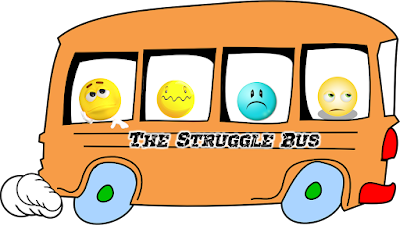


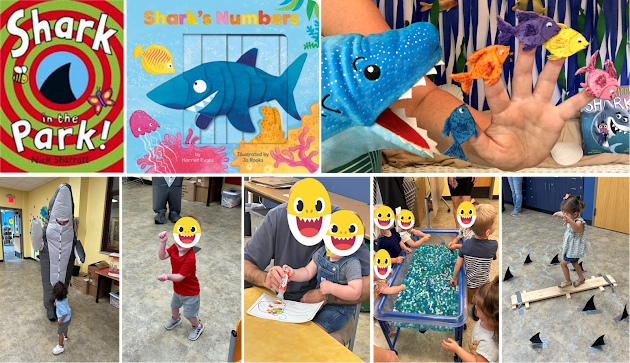

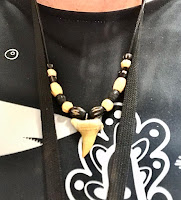
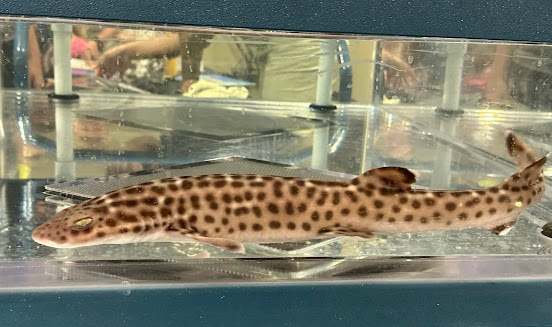




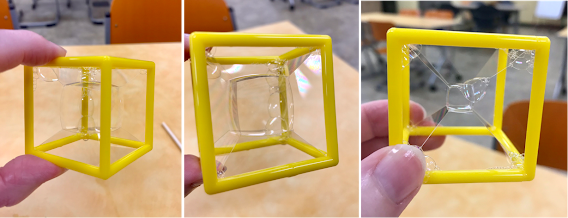




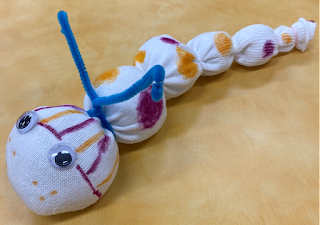

.jpeg)














